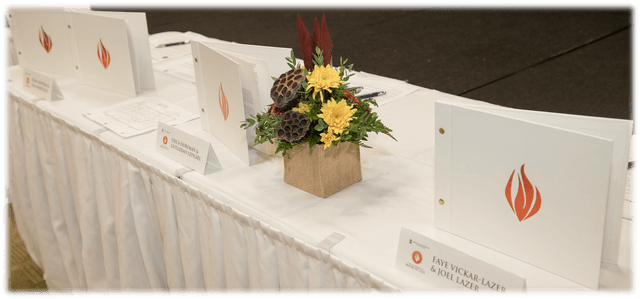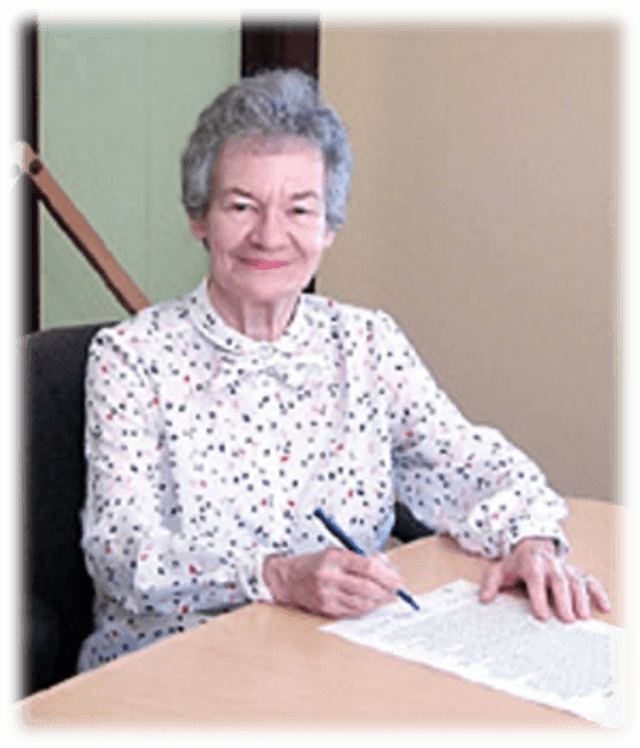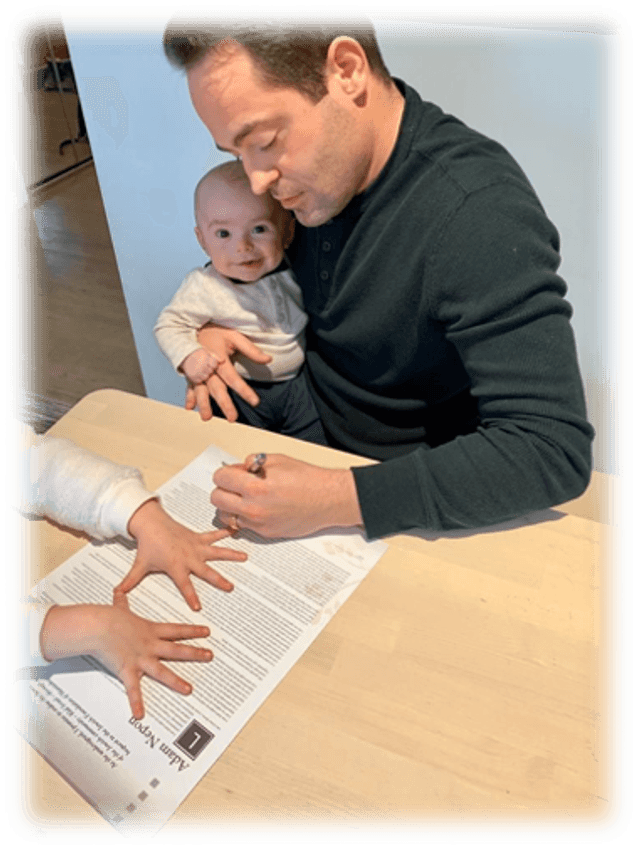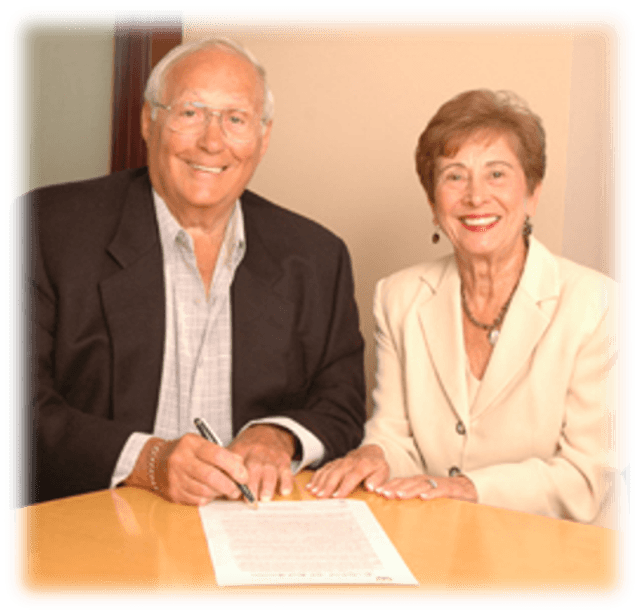Jewish Foundation of Manitoba: The Book of Life legacy programme
- Exhibited by
- Kimberley MacKenzie
- Added
- April 14, 2021
- Medium of Communication
- Print and online
- Target Audience
- Legacy prospects
- Type of Charity
- Community foundation
- Country of Origin
- Canada
- Date of first appearance
- 1998
SOFII’s view
If you’re struggling to get your legacy message across to prospective donors, have you considered changing that message? That’s what the Jewish Foundation of Manitoba did with the Book of Life. Instead of focusing on the sadness around death, they switched things up and made the joy of celebrating life the centre of their planned giving programme.
Summary / objectives
This programme turns regular legacy giving on its head by celebrating a life well lived instead of a life that has ended.
Creator / originator
Jewish Foundation of Manitoba
Background
As fundraisers you know the human brain is hardwired to communicate through stories.
We will consistently open our hearts and seek out the very best stories of our organisations. We use them in our direct mail programmes, capital campaigns, impact reports and – when we get back to it – our gala events.
Stories are universal. Stories teach us our history, how to behave, they shape our view of the world and help us empathise and motivate us to action.
But when it comes to a gift in a will, asking for stories can be hard. ‘Have you thought about your legacy?’ is a tough conversation start. In fact, to me it sort of sounds like ‘what do you want to do with your money when you die?’
A lot of charities simply don’t know how to talk about what they think of as death, so they just don’t start a legacy programme.
But here’s the thing.
What if we talk about life instead? Talking about life is so much easier, isn’t it?
That is the idea I wish I’d thought of.
The Jewish Foundation of Manitoba, Canada is knocking their legacy programme out of the park. Not because they are talking about death, because there are talking about life!
Like most really smart things, the Book of Life is a remarkably simple concept.
In exchange for a pledged gift in their will, donors are invited to write the story of their life. If this task is too daunting, the charity will help them with an interview and some editing. And then they will publish their book for them.
They have events once per year where donors come together to celebrate their lives and sign their stories. Donors like Mrs. Gene Dufty Odell.
Mrs. Odell’s grandfather moved to Canada to deliver milk. She grew up in Montreal and in 1947 went to university and eventually graduated with a master’s degree in social work and worked as a social worker:
‘My parents had a tradition of tithing – giving 10 per cent of their income to helping others. This value is one which I too believe in. There have been many women who have, in one way or another, contributed to my life. My bequest to the Women's Endowment Fund is a way of saying thank you to those women, and at the same time giving me the opportunity to, in turn, help others.’
Or Adam Nepon.
Adam is one of nine children. Adam’s mother Leslie decided to convert to Judaism and raise her children in a kosher home. Occasionally as Adam was growing up, he heard disparaging comments about his indigenous ancestors – and never in a positive way. The knowledge that he was both Jewish and indigenous took some processing. Adam’s story is one of resilience, overcoming hardship, working hard at school, and eventually building a successful life for his family.
Or Lil and Lloyd Feinstein.
Lil and Lloyd met as teenagers at summer camp. Married in 1955, they raised three children in Winnipeg as Lloyd worked as an accountant and Lil as a schoolteacher:
‘As we tell our story together, it becomes most obvious that we have had our share of joy and sorrow in our lives both as individuals and as a couple, on balance though, the good outweighs the bad. Our purpose in telling our story is to pass on to our grandchildren a sense of their background and some of the life lessons that we both learned.
‘To our children, of whom we are so proud, we say that “we tried to be the best parents we could”, and to our grandchildren we say that "we hope your lives are filled with love, laughter, and sensitivity toward others, and that you will aspire to always try to do your best and remember with pride your Jewish heritage”.’
I encourage you to take some time to visit www.jewishfoundation.org/bookoflife and read a few of the hundreds of life stories collected there.
Results
As of 2016, the Jewish Foundation of Manitoba had generated 152 bequests totalling CA$11.5 million via this programme.
The chart below shows the additional number of bequests, legacy income and new signers each year from 2016 through to 2019 – and this is all thanks to the Book of Life and the wonderful stories within it.

Merits
The Book of Life changes the conversation with donors about leaving a bequest. Instead of end of life plans the conversation is a celebration of life stories. It is a cherished memory for a loved one that provides peace of mind to the donor that their story and their values will live on forever.
So, as you scroll through the Book of Life and learn about some of the incredible lives documented there, please ask yourself the following:
- Is my organisation’s legacy programme focused on a life gone or a life lived?
- Can I take this simple idea and help our donors tell their stories?
- When I talk about leaving a legacy am I offering hope for the future?
- And finally, remember ‘The Dash’.
Other relevant information
https://www.jewishfoundation.org/
This idea was voted as the audience favourite at I Wish I’d Thought of That (IWITOT): The Americas in 2021. It was presented by Kimberley MacKenzie, with the support of the charity.
Click below to watch Kimberley showcase The Book of Life at IWITOT: The Americas 2021





















